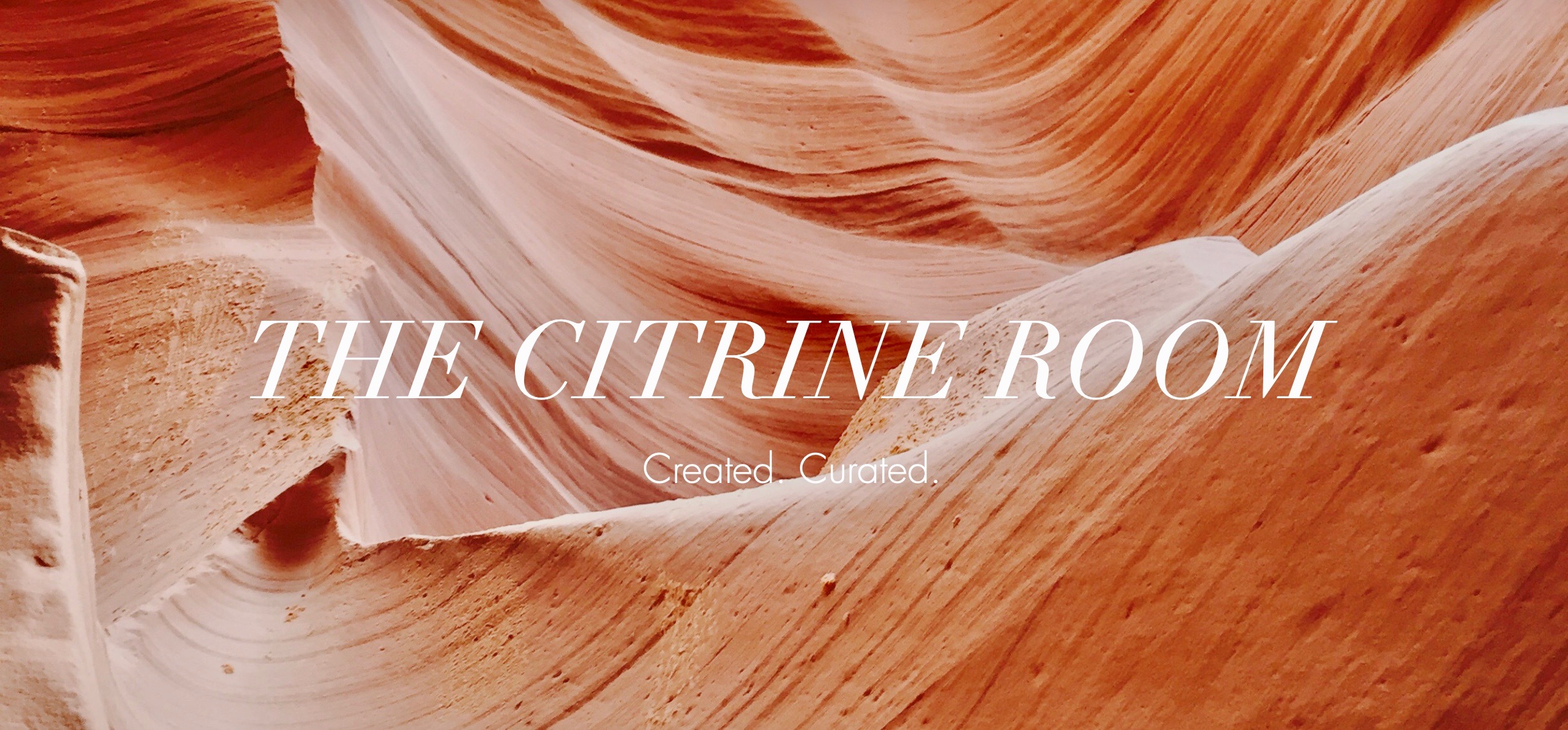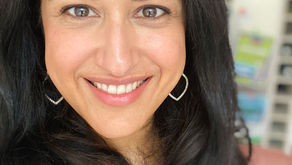Pandemic Parenting
- MR

- May 13, 2020
- 7 min read
Dear Friends,
I like to see myself as solution-oriented rather than someone who focuses on the problems. I believe, as my virtual yoga instructor shared with me the other day the quote by Zen teacher Charlotte Joko Beck who said, "every moment is the guru." I often seek the bigger picture, the wider perspective on what each moment, each situation is trying to teach me about myself. Don't get me wrong, I am not a zen master, I have my tempers and moods (just ask my very patient husband). And truthfully, it has taken a long time for me to get to this point of believing in the universal genius that is life. It has taken a commitment to figuring myself out with the help of books, therapy, and a good amount of introspection to understand the situations I put myself in and the resulting feelings that emerged from them. But let me say this, this lockdown, this virus, well, it took a hold of me earlier this week and for a day or two I felt that weight and fear of the unknown. Then I realised if I was feeling this way (and fully comprehending why I was feeling this way), what was this time of uncertainty doing to my son?
My husband and I were discussing the other day the one dominant feeling we have as parents, aside from love. Worry. And fear. As soon as I knew I was going to be a mother I started to worry. Worry about my baby's health, his growth, his life. When I heard his cry after he was born, after 42 hours in labour, I felt tears pouring down the side of my face because that part, that fragile worrisome part of childbirth came to an end safely. And this is going to sound strange: There was one particular moment where it hit me like a ton of bricks that I was entirely responsible for this little human. He was crying and I was soothing him and I said something like, 'don't worry, your mummy will be here soon." Maybe it was because my mother had been staying with us to help during this post-natal period. But it was then when I fully absorbed and realised I was his mother. It was up to me. Like I said, it sounds silly, but in that one moment I transitioned from one place--where being a mother and all the worries that came along with it were abstract thoughts--to realising there was nothing abstract about this baby. He was real and I was responsible for every breath, every moment.
Today my little boy is four years old ("Four and A HALF" he would say). He is kind, caring, smart, friendly, curious, loves his friends and school. So when he started to exhibit behaviour that wasn't what we had seen before and was more than the usual "growing pains", I started to wonder if this was a result of him feeling the effects of this massive change to our everyday existence that the world is undergoing. He has tantrums (while at a push quite normal), he is moody, he is highly emotional, and he always wants us next to him all the time even when he would be playing in his room. Then he wouldn't actually want to play in his room at all, instead choosing to just watch tv or play video games. So much of it sounds like normal behaviour for a kid as different developmental stages bring out unsettled feelings. He talks about the virus and how he wishes he could just go out to play with his friends. We explain to him that this is a difficult time, that we are feeling it too, and that he is not alone. We also make a point to talk about the good things that have come out of this strange time. We list out how nice it is for us all to be together, how we spend time in our garden, and how it is fun to just watch movies together. It is important to me that he is able to develop a sense of that "bigger picture." At the same time, it is important to me that he understands that what he is feeling is ok, because we are all feeling it too.
How my husband and I handle our son's stress will determine the long term impact this time will have on him. Harry De Quetteville writing in The Telegraph says, "(the) family group is more than ever the key. Cut off from their friends, their classmates, their teachers and the outside world, family circumstances – always important in children’s wellbeing – are playing a more determining role than ever." As clinical psychologist Dr. Shefali says, this is a major opportunity to teach our kids about the true nature of life, that it is uncertain, that the future is unknown. That all we really have is the present. “Children are gurus of living in the present moment," she says. "But, as adults, we either live in our regret about the past, or our apprehension about the future. This is a chance to connect with our children in a way that's unprecedented." And that is what we are doing. With some help from Sonic the Hedgehog of course. Parenthood doesn't come with a handbook. Yet from the get go, my little boy told me, in his own way, what he needed. He trained me into being the kind of mother he needs. Children are amazing, wonderful, resilient beings whose "native state is that of joyful abandon" as Dr. Shefali describes. I often look at my son in awe with all that he is able to do, sometimes even without any instruction. A four year-old's ability to grasp information, absorb it, and redirect it to see various outcomes is outstanding. And it isn't just me saying that about my kid. Researchers are studying how young children learn in order to apply that knowledge to systems utilising Artificial Intelligence. Alison Gopnik writing in The Smithsonian Magazine says, "preschoolers are better at coming up with unlikely hypotheses than older children and adults. We have almost no idea how this kind of creative learning and innovation is possible." Adding, "Looking at what children do, though, may give programmers useful hints about directions for computer learning." These little people are just incredible. Of course our environment plays a huge part in how children learn, their socialising skills, and their self-confidence. My husband and I have been looking into schools for our son who will start kindergarten in September (hopefully anyway). Like all parents, we want the best for our child. We want to open up as many opportunities for him as possible and we believe the kind of school he will go to will also determine that great start in life. We also believe that academic scores don't determine success. A school's rating, which solely focuses on academics, doesn't tell the whole truth of what it offers.
Journalist Nikole Hannah-Johnson (who won the Pulitzer Prize this week for her essay The 1619 Project a piece she published for The New York Times Magazine) wrote a powerful article back in 2016 called 'Choosing a School for My Daughter in a Segregated City ' where she explores the very real issue of race, resources in education, and inequality at the most fundamental level for every parent. Parents will move into specific neighbourhoods to ensure their child gets into a "good" school yet the question Hannah-Jones asks is don't all children deserve the very best start in life? What makes one child more deserving than the other? She would add, "Saying my child deserved access to “good” public schools felt like implying that children in “bad” schools deserved the schools they got, too."
Her piece had a profound impact on me because it solidified what I was feeling too; that sense of wanting my son to be around all kinds of people with all levels of abilities both physical, intellectual, and emotional. It is our thinking that by being exposed to so many different kids from different socio-economic backgrounds he will develop further that empathy he already displays. It will be a skill that will help him as he makes his way in this world. It would be this quote from her article that said it all for me: "I also believed that it is the choices of individual parents that uphold the system, and I was determined not to do what I’d seen so many others do when their values about integration collided with the reality of where to send their own children to school."
Emotional intelligence is one of the biggest and most important lessons I hope my son learns from us and from his school. And this puzzling time is a perfect opportunity for him to develop that awareness. It is a perfect opportunity for him to be aware of his emotions and learn to understand and develop the vocabulary he will need to express himself in a healthy way. All emotions are good. They are indicators of what is going on inside us. Our job is to help our little boy figure out why. How we do that is just as important. As Dr. Shefali says, “We need to enforce that we will be okay in the place of unknowing, and that nothing positive comes from panicking. Because life is always impermanent and always changing,” She goes on to add, “It’s not so much what we say exactly, but more so the energy with which we transmit our message. The essence of what we are saying—that is ultimately what our children will absorb. If we transmit confidence, power and gratitude for what we have right now, in the present moment, they will absorb that. And it will follow them into the future, whatever may come.” It is a perspective and way of thinking that is so empowering. It has helped me recognise and deal with the weight of worries that come with being a parent and during this time of a pandemic. And frankly, I have learned so much from my son. As much as I think we are raising him, he is raising us too.
Monita xo









Comments